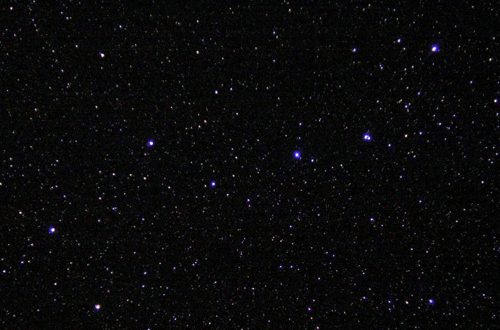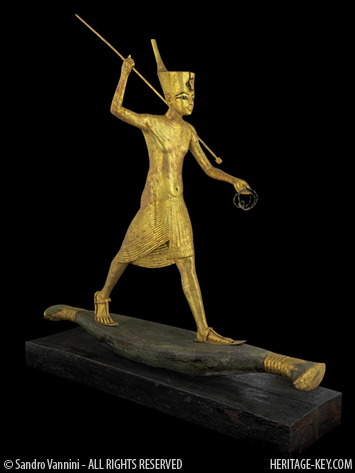 Did the ancestors of todays Inuit race across the arctic 750 years ago in search of meteorites?Canwest News Services has just published an intriguing story that suggests just that. According to the news service, Dr. Robert McGhee, curator emeritus at the Canadian Museum of Civilization, recently published this theory in a new book, The Northern World: AD 900 to 1400.
Did the ancestors of todays Inuit race across the arctic 750 years ago in search of meteorites?Canwest News Services has just published an intriguing story that suggests just that. According to the news service, Dr. Robert McGhee, curator emeritus at the Canadian Museum of Civilization, recently published this theory in a new book, The Northern World: AD 900 to 1400.
Basically the idea works like this. 10,000 years ago a meteorite crashed into west Greenland, its known today as the Cape York meteorite. Mining in the arcticwas quite difficult (even today) so an iron meteorite was very handy for anyone wanting to make metal tools.
The Thule people are the ancestors of todays Inuit and in ca. AD 1000 they were based in Alaska. Around AD 1250 the Thule realized, through whatever means, that there was a huge source of iron out east that was there for the taking. They moved eastward and occupied Greenland in a matter of years.
By this time the Norse were operating in the region. Trade with them would have provided another source of metal.
It would seem plausible to suggest that metal – meteoric iron from the Cape York meteorites and metal goods traded from the Norse – may have been the magnet that drew ancestral Inuit eastward from Alaska,” Dr. McGhee told Canwest News.
Hisidea is supported bydates that indicate that the Thule settlements in Greenland are older than those in other parts of the Canadian arctic. This suggests that Greenland, with its meteorite remains, was the main target of this migration.
Other theories in the past have suggested that climate change (the medieval warm period ended around AD 1200) may have played a role in the Thule migration.
It has also been suggested that this movement of Thule people marked theendfor theDorset people who had inhabited the arctic beforehand.
If you want to learn more about arctic adventuresHeritage Key published an interview with Dr. Patricia Sutherland, of the Canadian Museum of Civilization, where she argued that the Dorset people made first contact with the Norse.
Also our own Malcolm Jack hasinterviewed Professor Gregory Reinhardt on excavations in Alaska.





